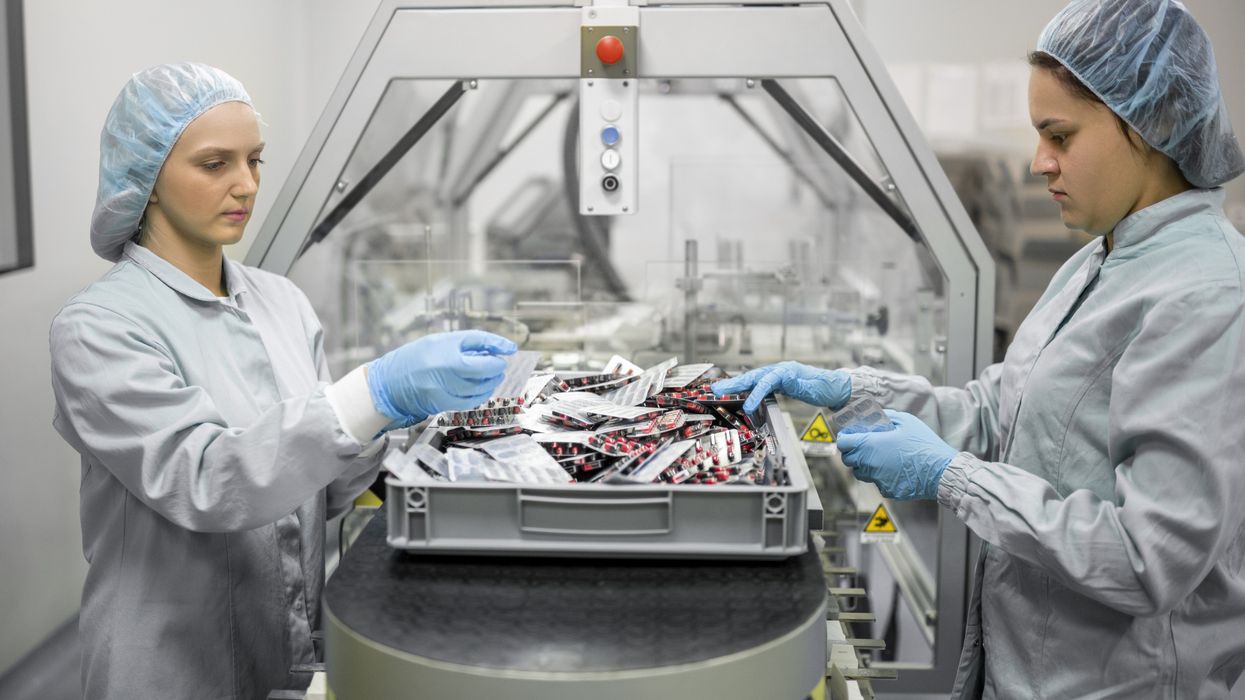The UK government have been accused of putting off investors in drug manufacturing over the “unsustainable levy” companies are having to pay the NHS.
Industry leaders have warned that the government’s growth plan will not succeed unless ministers commit to fixing a scheme which now requires companies to make record payments up to a quarter to a third (23.5 per cent-35.6 per cent) of a company’s revenue from sales of branded medicines to the NHS.
The 2025 payment rate is significantly higher in the UK with comparable countries, with France’s average payment rate at 5.7 per cent, Italy at 6.8 per cent, Germany at 7 per cent, Spain at 7.5 per cent, Belgium at 7.9 per cent, and Ireland at 9 per cent.
The Association of the British Pharmaceutical Industry (ABPI) said that the scheme to control the cost of branded medicines in the UK is indicative of how the region's "medicines market is fundamentally broken".
The ABPI, including big pharma companies such as AstraZeneca, Roche, Sanofi and Pfizer said in a joint statement that the five-year agreement reached with the government in late 2023 needed to be fixed because companies cannot afford the record rebates they are paying to the NHS.
The UK government is highlighting life sciences as one of the sectors with the biggest growth potential and intends to make it a core element of its new industrial policy. The ABPI said that plan will fail without changes to the clawback scheme.
Richard Torbett, Chief Executive of the ABPI, said: “The government has rightly identified life sciences as a critical growth sector for the economy, but unless these excessive payment rates are addressed, the UK will not see the growth and investment we all want, and the UK will continue to slip behind our peers.
“We need an urgent commitment from the government to work with industry to get the UK back to an internationally competitive position.”
Relations between the pharma industry and the government over the scheme and other policies have long been contentious.
British drugmakers GSK and AstraZeneca have for years criticised the UK business investment climate. AstraZeneca in January scrapped plans to invest £450m in its vaccine manufacturing plant in northern England, citing a cut in government support.
The statutory repayment scheme for 2025 was initially calculated at 15.5 per cent, based on data from the first quarter of 2024. However, "higher than expected newer medicines sales growth" in subsequent quarters prompted the DHSC to re-evaluate the rate; they settled on 23.8 per cent as a more appropriate figure for 2025.
To make up for the lower rate used in the first half of the year, the DHSC proposed an uplifted repayment rate of 32.2 per cent for the second half of 2025.
Going forward, the agency also projected payment percentages of 24.7 per cent for 2026, and 26.4 per cent for 2027.
Businesses and organisations can provide feedback on the proposal until April 25.












